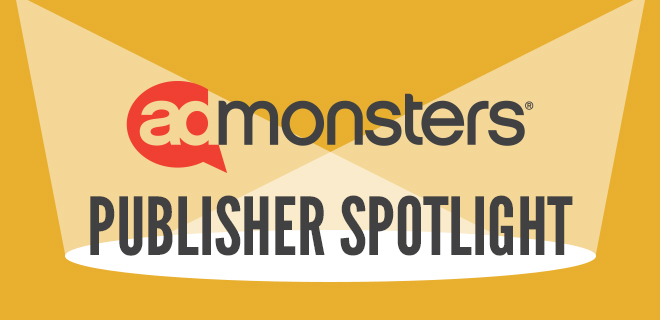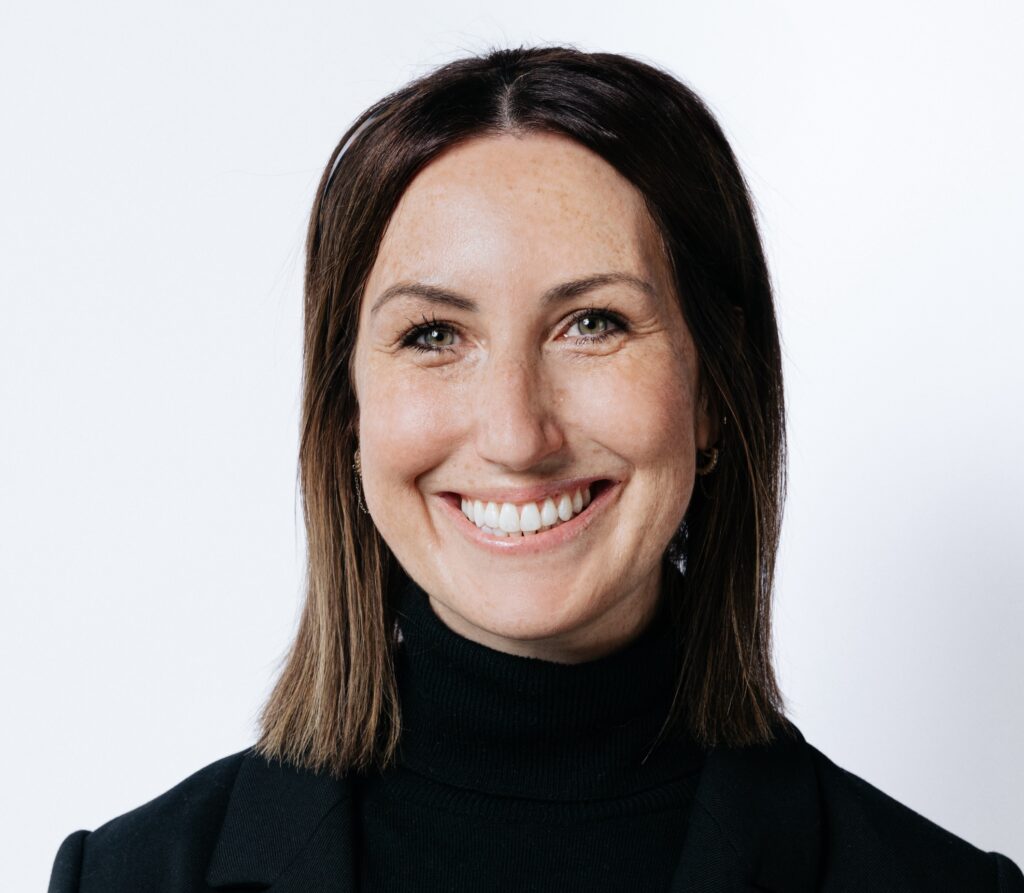
Brittany Warren, Director of Client Services at SiriusXM, didn’t plan on a career in ad ops. But once she found her footing, she never stopped moving forward.
Fresh out of college, Warren joined Pandora as a client services coordinator, churning out performance reports and leaning into the repetitive nature of the job, which she admittedly loves.
But Warren isn’t one to sit still. Every time she mastered a task, she asked for more responsibility and opportunity. That mindset launched her into account management, where she sharpened her skills across media planning, trafficking and client strategy. Then came a pivotal moment where she led a pilot project to offshore operational work. That pilot lit a spark. Warren discovered she loved untangling workflows, writing playbooks and solving problems at scale.
After SiriusXm acquired Pandora in 2019, Warren continued her client services work for the combined company. She took on increasingly technical challenges, culminating in a high-stakes system migration in 2023. As part of that project, she delved into trafficking mechanics, authored documentation on the server flow and unknowingly defined a new function within the company to manage offshore vendor accounts. Today, that function is her full-time job.
“I probably have a knowledge bank of tasks I’ll never touch again,” Warren said. “But that’s what makes me valuable. I’ve done the work, I’ve asked the questions, and now I can teach it forward.”
Andrew Byrd: How has your day-to-day changed since you moved from client services to your current role? 
Brittany Warren: It’s changed a lot. I no longer directly manage an in-house team. Instead, I manage our relationship with our offshore vendors. That includes working with their leads, both onshore and offshore, and overseeing their onboarding into our systems. Technically, I have 60-70 people under me, but it’s not day-to-day management; it’s more about coordination and expansion.
My focus is on what we call “emerging solutions,” helping internal teams assess whether new tasks or gaps—like those caused by limited headcount or parental leave—can be supported offshore.
Some days, I’m in back-to-back meetings, and others I’m heads-down documenting workflows or running training. It’s heavy on project management. While I sometimes miss the rhythm of my old roles, I love that I now can influence how teams scale and allocate their bandwidth.
AB: SiriusXM spans everything from radio to streaming to podcasts. As you work across these different formats, what’s the biggest challenge when it comes to aligning ad operations, measurement, product teams, etc.?
BW: The biggest challenge is knowledge gaps, especially when I’m scoping a project with a team I haven’t worked with before. I’m depending on them to share what I need to understand their workflows, but sometimes they don’t know exactly what I need either. That’s where open communication becomes critical. I have to articulate what I’m looking for clearly, and they have to trust that I’m there to help.
Another challenge is building that initial trust. I’m not just coming in to shift tasks; I’m there to help free up their time so they can focus on higher-level work. It takes relationship-building to get that buy-in, but once it clicks, we can create real efficiency.
AB: When it comes to audio, what kind of reporting or outcomes are vendors typically looking for from your team?
BW: It’s less about vendors asking things from us and more about what we need to give them to be successful. For us, utilization tracking is key. We need to understand how many onshore hours we’re saving by moving work offshore.
That only works if we’re communicating what tasks we need to track and how to do so. We learned the hard way that we can’t assume vendors will manually log every task unless we build a system for it. So, again, it comes down to clear communication and setting expectations upfront about what’s needed and how to measure that success.
AB: Are there any emerging trends in ad tech or digital media that you’re especially excited or concerned about?
BW: AI and tools like ChatGPT are at the forefront of our minds. I’ve been using them more, and while they’re incredibly helpful, especially for saving time on manual tasks, they’re not a full replacement.
They’re great for getting started, such as summarizing meetings or drafting documentation, but they still require human oversight. The outputs aren’t always accurate, and they don’t capture your voice or intent perfectly.
One of my goals this year is to explore how AI and automation, such as robotic process automation (RPA), can support the offshore work we manage and help us scale more efficiently. It’s all about testing, learning and figuring out where these tools can truly make a difference without losing the human element that’s so important in collaboration and communication.